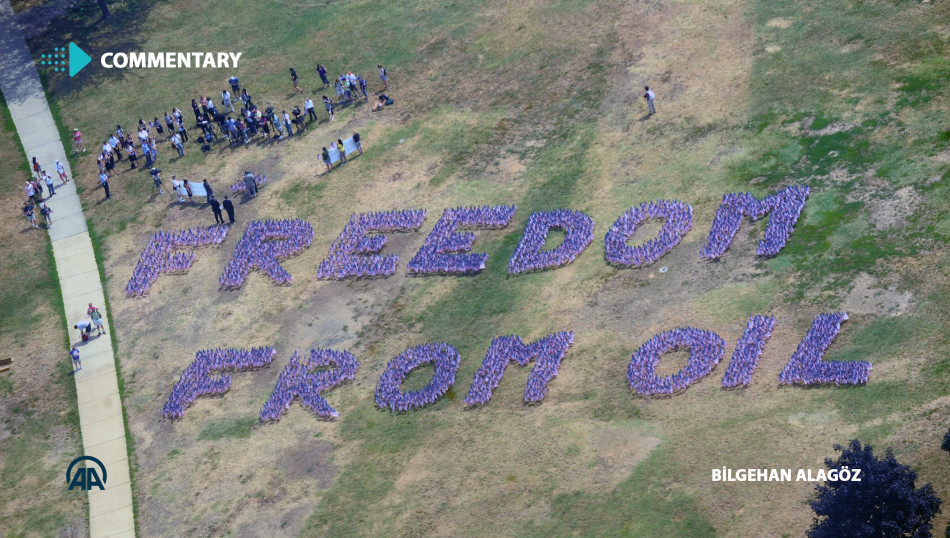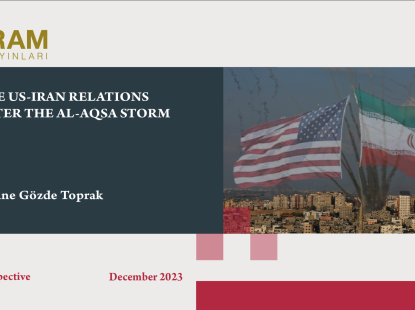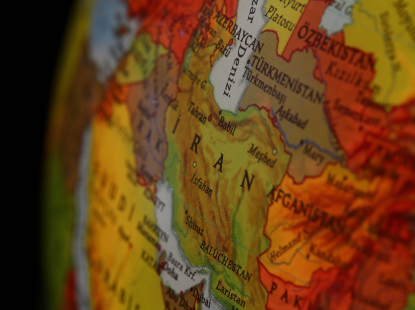The US Energy Plan and the Implications for Iran
The result of the US elections is of particular concern to the Middle East and Iran in many ways. Although the nuclear agreement is high on the agenda when it comes to Iran, there is actually another issue that concerns Iran in the long term. This is the issue of what kind of energy policy the U.S, will adopt in the new period. In fact, it constitutes one of the most important subjects that will decide the result of the election. The energy policies of the two presidential candidates were widely discussed during the campaigning period. So what is the difference between the energy policies of Joe Biden, whose presidency has been declared by unofficial results, and the former president Donald Trump?
Trump established an energy agenda under the name of America First Energy Plan in his first term as president. This plan, which rests on the goal of energy independence, is realized with the U.S. gaining for the first time in decades the capacity to export more energy than it consumes. Herein, Biden has embraced a clean energy policy that is focused on renewable sources of energy and restriction of consumption based on fossil energy sources and declared that he will continue the Green New Deal, which was formed during Obama’s term as the U.S. president. One of the important reasons affecting Biden’s policy is voter behavior. According to Data for Progress's online survey of US voters conducting in March 2019, while 59 per cent of US voter support the Green New Deal, and only 28 per cent oppose it. It is noteworthy that the Millennials, which has an important voting potential, supports the policy more than other generations. The support of 66 per cent of the millennial voters has been one of the main reasons why the Democratic Presidential candidate put the Green New Deal to the forefront.
The main issue of contention right before the election between the two candidates has been whether Biden, in line with the Green New Deal policy, will ban fracking, which has single-handedly turned the U.S. into the biggest oil and natural gas producer. Although Biden has stated in his last speeches that he will not ban, Vice President Kamala Harris has made statements in the exact opposite direction. However, in her later statements, Harris denied these words. If the Biden administration continues to use the method of fracking, the US will remain to be the energy giant in oil and gas. This will directly affect the Arab countries of the Persian Gulf and Iran, which are the most important oil and natural gas producers.
Although the relations between Saudi Arabia and the U.S. seemed close during the Trump era, this has changed within the last phase of the administration. Saudi Arabia, one of the biggest oil producers of the Persian Gulf, is one of the countries Trump’s energy policy has unsettled the most. Saudi Arabia has been quite concerned by the transformation into a country that can manipulate oil markets of the U.S. Likewise, the Trump administration is not happy about the policies Saudi Arabia has pursued at the OPEC. Therefore, whether this covert competition between the U.S. and Saudi Arabia will continue in the Biden era concerning oil production will depend on the energy policy to be adopted. On the other hand, this situation has the potential to trigger a cooperative policy between Saudi Arabia and Iran, two major members of the OPEC. Therefore, it becomes increasingly important to look at the results of the US elections and the possible Iran policy of the newly elected president and his team from the energy perspective as well.
- Tags:
- Joe Biden
- Iran
- Energy
- Green New Deal











